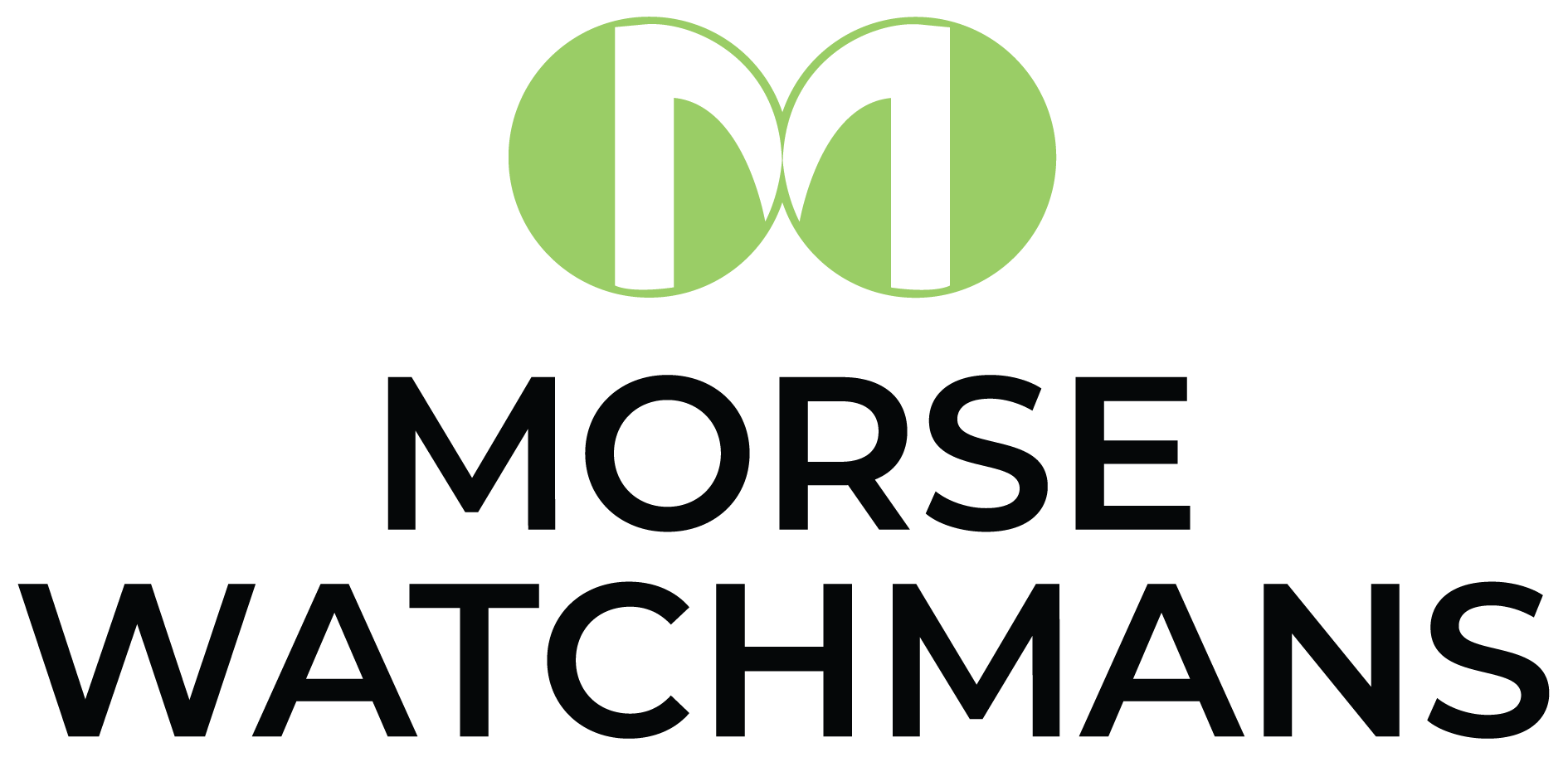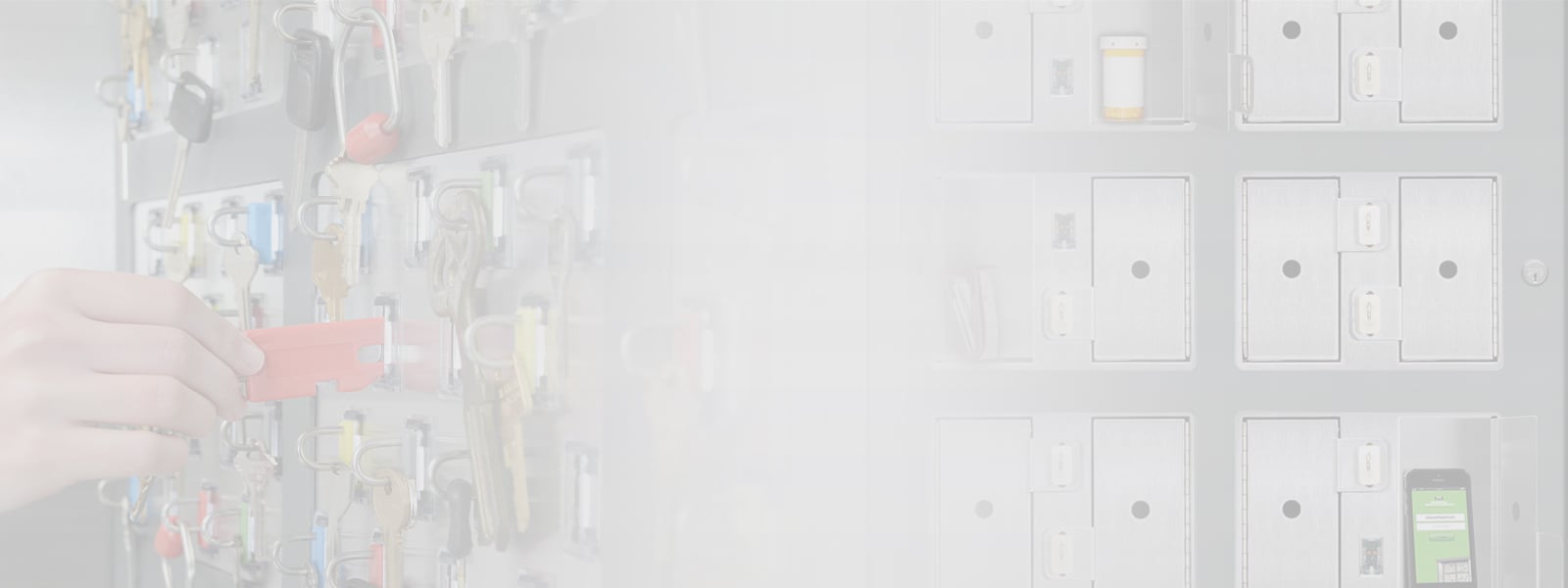Good ergonomic design takes into account the interaction between a device and the individual who uses it. All around us are products that have been ergonomically designed for our comfort – remote controls, coffee pots, keyboards, office chairs and so on.
Together with physical comfort and ease of use, a well-designed device such as a key inventory system takes cognitive and organizational ergonomics into account – that is, it considers the broader user experience beyond the physical, while helping to alleviate “pain points” within the organization itself. Following are a few examples of how smart key control design supports good ergonomics across the board.
User Interaction – On the physical level, security key cabinets are designed to offer the flexibility needed for installation at almost any height that allows for the user to easily reach the cabinet and interact with it. A slanted console provides a natural viewing angle and makes it easier to swipe a card or use fingerprint identification to access the key cabinet. Once the cabinet is opened, the requested key location is illuminated so the user can easily identify it. Both larger touch screens and audio prompts help make the interaction faster and more convenient and can help improve productivity.
Tracking – Keys are attached to a fob that features an identification microchip and a stainless steel locking ring. The security key fob fits into a cabinet key slot and, critically, automatically records all access activity. This recorded data lets authorized users more easily determine who has keys out and when they are scheduled to be returned; meanwhile, instant email or text alerts reduce the burden on management even further, letting them know an overdue key or when it has been returned. And of course, key inventory systems with integrated tracking can help prevent lost keys and reduce vulnerabilities – not to mention wasted time and user frustration.
Security – A tamper-resistant cabinet design helps ensure that stored keys are safe from unauthorized access, and stainless steel locking rings add to key security. Access to the cabinets and to individual keys is controlled at all times, and every key is accounted for. When networked, a firewall and AES256 encryption technology for data exchanged between the cabinet and the server help protect the system and the organization’s assets.
These and other benefits of key inventory systems are cumulative, helping make life easier for users, while also supporting the company’s activities and reducing the risk of losses. All of this is welcome news for the business itself – who says good design can’t support good economics?
Wondering how key inventory systems can support your business? Contact one of our experts today for more details.



